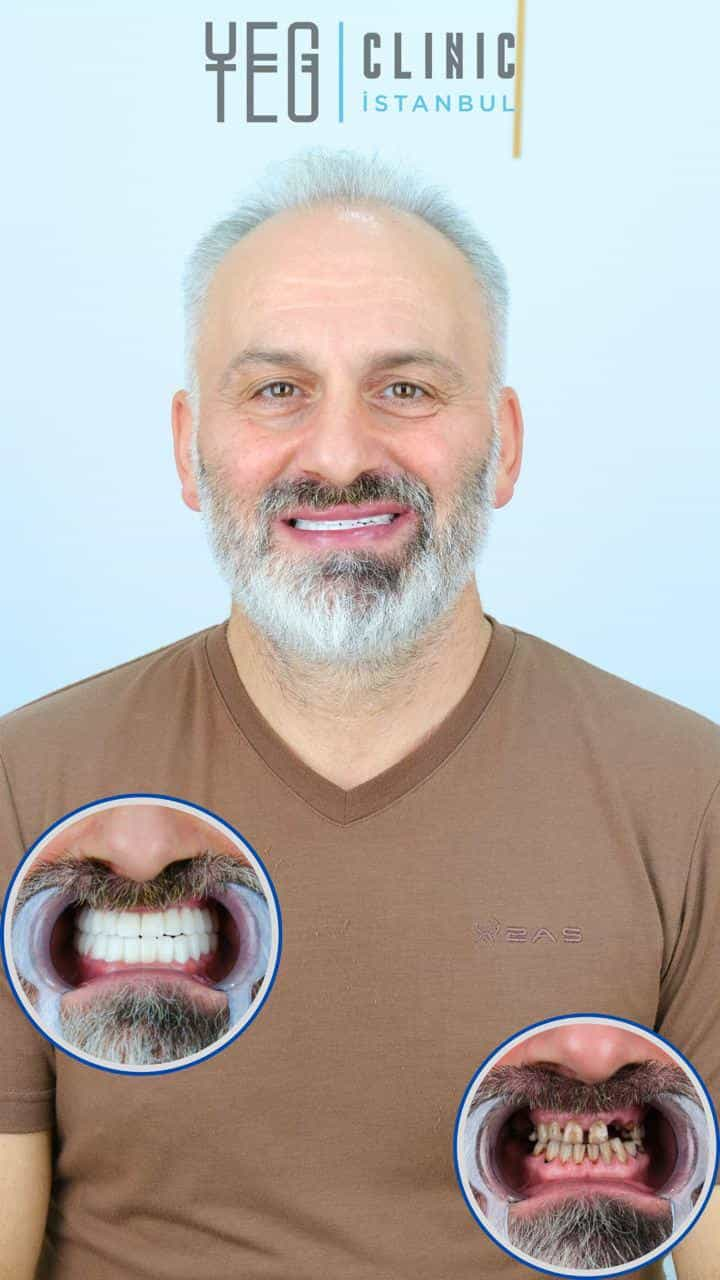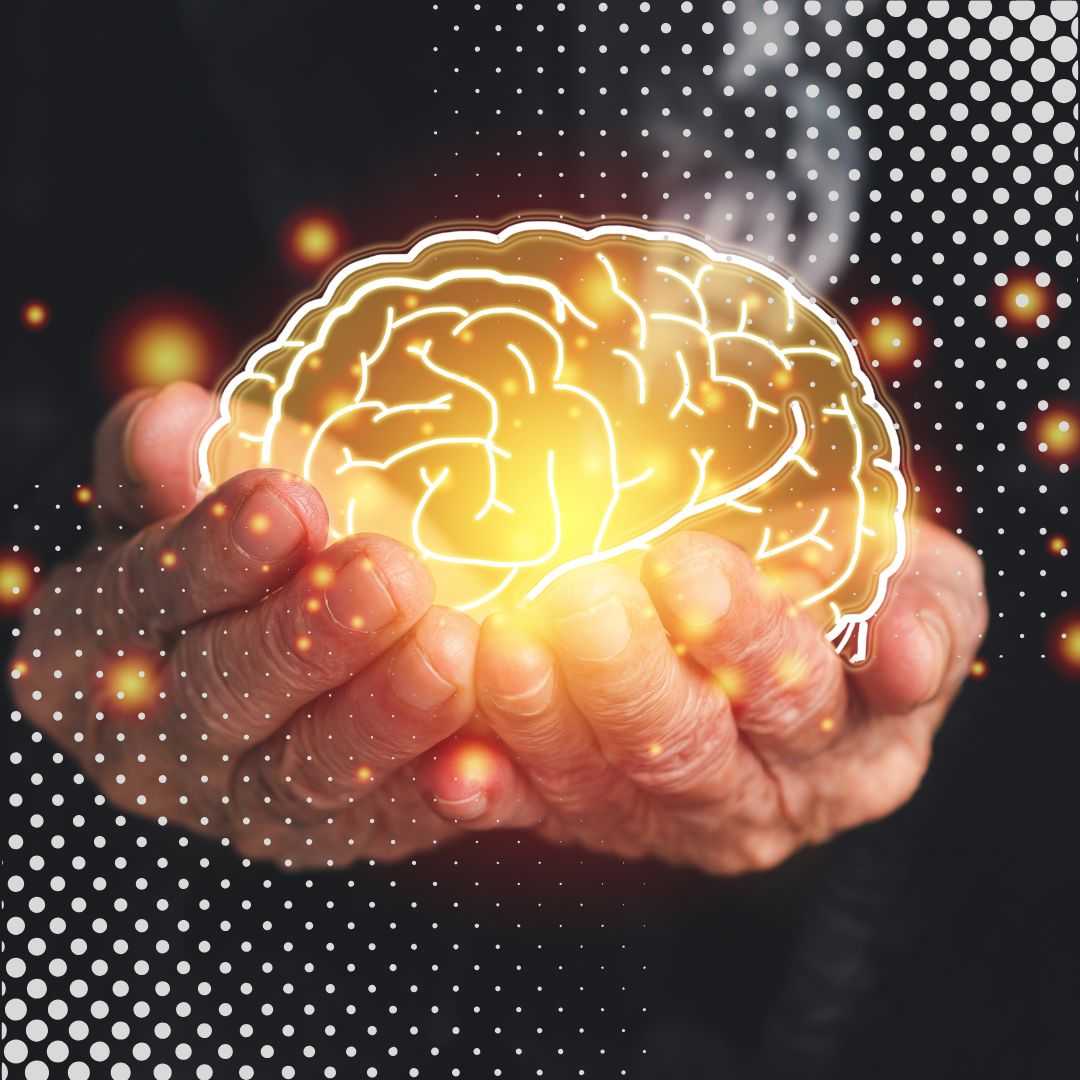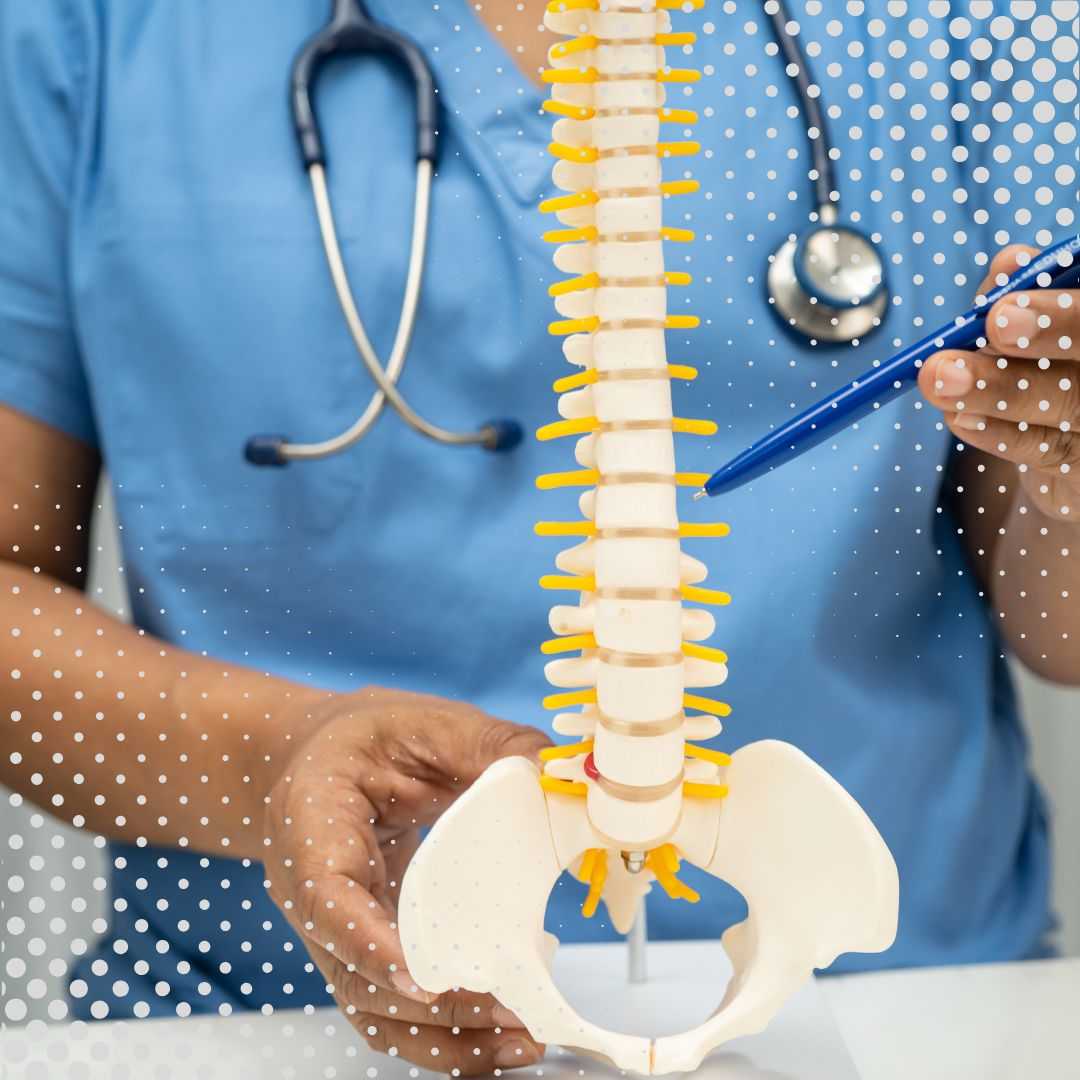.png)
Finding Hope: Stem Cell Therapy for Huntington's Disease Explored
Living with Huntington's Disease (HD) can be incredibly challenging, not just for the patient but for their loved ones too. This rare, inherited neurodegenerative disorder progressively breaks down nerve cells in the brain, leading to uncontrolled movements, cognitive decline, and psychiatric problems. It's a journey filled with uncertainty, and families often seek out every possible avenue for treatment and relief.
In this quest for hope, stem cell therapy for Huntington's Disease has emerged as a promising, albeit still experimental, frontier in regenerative medicine. Unlike traditional treatments that primarily manage symptoms, stem cell therapy aims to address the underlying cellular damage, potentially slowing the disease's progression or even repairing affected areas of the brain. While a definitive cure remains elusive, the potential for improved quality of life and reduced symptom severity drives significant interest worldwide.
For many, particularly those in regions where such experimental treatments are not yet widely available or are prohibitively expensive, medical tourism offers a pathway to access these advanced therapies. Countries around the globe are investing in regenerative medicine, creating opportunities for patients to explore cutting-edge stem cell treatments, often combined with personalized care and comprehensive support. Understanding the symptoms, causes, and available types of treatments, alongside the practicalities of seeking care abroad, is the first step towards making an informed decision for those grappling with the complexities of Huntington's Disease.
What are the common symptoms of Huntington's Disease?
Huntington's Disease manifests through a triad of symptoms affecting movement, cognition, and mental health, often progressing subtly at first before becoming more pronounced. Recognizing these signs is crucial for early diagnosis, though the disease often begins insidiously.
- Motor Symptoms: The most recognizable motor symptom is chorea – involuntary, jerky, writhing movements of the face, trunk, and limbs. As the disease advances, these movements can interfere with walking, speaking, and swallowing. Other motor difficulties include dystonia (sustained muscle contractions causing twisting or repetitive movements), rigidity, slow movements (bradykinesia), and problems with balance and coordination.
- Cognitive Symptoms: Patients often experience a decline in cognitive abilities, impacting daily life significantly. This can include:
- Difficulty with planning, organization, and problem-solving.
- Impaired decision-making and judgment.
- Memory problems, though usually not as severe as in Alzheimer's.
- Trouble with learning new information.
- Difficulty with focus and attention, leading to "brain fog" or distractibility.
- Psychiatric Symptoms: Mood and behavioral changes are common and can sometimes appear years before motor symptoms. These may include:
- Depression, irritability, and anxiety.
- Obsessive-compulsive behaviors.
- Psychosis (e.g., hallucinations or delusions) in some cases.
- Social withdrawal.
- Changes in personality.
The progression of these symptoms varies among individuals, but they generally worsen over time, leading to increasing dependence on caregivers.
What causes Huntington's Disease and what are its risk factors?
Understanding the root cause of Huntington's Disease is key to understanding its devastating impact. Unlike many diseases, HD is purely genetic, making its inheritance pattern predictable, though no less tragic.
- Genetic Mutation: Huntington's Disease is caused by a dominant mutation in a single gene, known as the Huntingtin (HTT) gene, located on chromosome 4. This mutation involves an abnormal expansion of a CAG trinucleotide repeat sequence. Normally, this sequence repeats 10 to 35 times; in individuals with HD, it repeats 36 or more times. The higher the number of repeats, the earlier the onset and often the more severe the symptoms.
- Inheritance Pattern: HD follows an autosomal dominant inheritance pattern. This means that if a parent has the affected gene, each child has a 50% chance of inheriting the disease. Individuals who inherit the mutated gene will eventually develop the disease, usually in adulthood. There is no known way to prevent its onset if the gene is inherited.
- No Other Risk Factors: Importantly, there are no environmental, lifestyle, or demographic risk factors for Huntington's Disease. If you don't carry the mutated HTT gene, you cannot develop HD. Genetic testing is available for individuals with a family history of HD to determine if they carry the gene.
This genetic certainty, while offering clarity, also presents significant emotional and ethical challenges for families, especially regarding reproductive decisions.
What types of stem cell treatments are available for Huntington's Disease?
The promise of stem cell therapy for Huntington's Disease lies in its ability to potentially replace damaged neurons, protect existing ones, and modulate the inflammatory environment in the brain. Various types of stem cells are being investigated, each with a distinct mechanism of action:
- Neural Stem Cells (NSCs): These are cells that can differentiate into various types of neural cells, including neurons, astrocytes, and oligodendrocytes. The theoretical goal of NSC transplantation in HD is to replace the striatal neurons that are progressively lost in the disease. These cells could integrate into the brain and restore some lost function. This approach is highly experimental, primarily in early-phase clinical trials.
- Mesenchymal Stem Cells (MSCs): Derived from bone marrow, adipose tissue, or umbilical cord tissue, MSCs are multipotent cells known for their immunomodulatory and trophic (growth-factor-secreting) properties. For HD, MSCs are not expected to replace neurons but rather to:
- Secrete neurotrophic factors that protect existing neurons from degeneration.
- Reduce inflammation in the brain, which is a significant component of HD pathology.
- Modulate the immune system to decrease neurotoxicity.
- Induced Pluripotent Stem Cells (iPSCs): These are adult cells that have been genetically reprogrammed to an embryonic stem cell-like state. iPSCs can then be differentiated into specific neural cell types, offering a patient-specific approach. This research is mostly preclinical, but holds immense potential for future personalized therapies.
It's vital to note that while these therapies show promise in research, their efficacy and safety for Huntington's Disease are still under rigorous investigation. Patients exploring "Huntington's disease stem cell treatment success" should be aware that current results are preliminary and often from early-stage trials or anecdotal reports.
Who is eligible for stem cell therapy for Huntington's Disease?
Determining eligibility for an experimental treatment like stem cell therapy for Huntington's Disease is a complex process. Criteria can differ widely between clinical trials and private clinics offering therapies abroad. However, some general guidelines often apply:
- Confirmed Diagnosis: Patients must have a definitive diagnosis of Huntington's Disease, typically confirmed by genetic testing for the HTT gene mutation.
- Disease Stage: Most programs prefer patients in the early to mid-stages of the disease. Individuals with very advanced HD may not be suitable candidates, as the extent of neurological damage might be too severe for meaningful cellular repair or protection.
- Overall Health: Candidates should be in reasonably good general health, without severe comorbidities (e.g., advanced heart disease, kidney failure, active cancer, or severe infections) that could complicate the procedure or recovery.
- Psychological Stability: Due to the psychiatric aspects of HD, some clinics may assess mental health stability to ensure the patient can comply with treatment protocols and manage expectations.
- Absence of Contraindications: Certain medications, pre-existing conditions (e.g., autoimmune disorders), or allergies might rule out a patient.
- Realistic Expectations: Given the experimental nature of the treatment, patients and their families must have a clear understanding that stem cell therapy is not a guaranteed cure and outcomes can vary.
The "Huntington's clinical trials requirements" are often more stringent than those of some private clinics. A thorough medical evaluation, including a review of medical history, current medications, and diagnostic imaging (like MRI scans), is always necessary.
What is the typical recovery time after stem cell treatment for Huntington's?
Recovery after stem cell therapy for Huntington's Disease is not a single, defined period but rather a process that unfolds over time. It's crucial to manage expectations, as this is not a "one-and-done" treatment with immediate results.
- Immediate Post-Procedure: Directly after the stem cell administration (whether intravenous, intrathecal, or direct brain injection), patients typically undergo a short observation period, ranging from a few hours to several days, depending on the method and clinic protocol. During this time, medical staff monitor for any immediate side effects such as fever, headache, nausea, or allergic reactions.
- Short-Term Recovery (Weeks): Patients might experience mild fatigue or discomfort in the days and weeks following treatment. If the procedure involved brain surgery for direct injection of cells, the recovery would naturally be more extensive, requiring close monitoring for surgical complications. Most patients can resume light activities relatively quickly, but strenuous activity is usually restricted for a period.
- Long-Term Integration and Effect (Months to Years): This is where the true "recovery" and therapeutic potential begin. Stem cells don't instantly reverse the disease. They need time to engraft, differentiate (if applicable), secrete trophic factors, and modulate the brain's environment. Patients might not notice any immediate changes. Improvements, if they occur, are typically gradual and subtle, often becoming noticeable months after treatment, and sometimes continuing for over a year. Consistent follow-up and monitoring are essential to track any progression or benefits.
Therefore, when asking about "Huntington's stem cell recovery," it's important to differentiate between physical recovery from the procedure itself and the much longer period required for potential therapeutic effects to manifest.
What are the potential risks and side effects of stem cell therapy for Huntington's Disease?
As with any medical procedure, and especially with experimental therapies, stem cell treatment carries potential risks and side effects. For Huntington's Disease, these can range from general complications to specific concerns related to cell type and administration method.
- Surgical Risks (if applicable): If stem cells are delivered directly into the brain (intracerebral transplantation), the risks associated with neurosurgery apply. These include infection, bleeding, stroke, seizures, and adverse reactions to anesthesia.
- Immune Rejection: Even if the stem cells are from the patient's own body (autologous), there's a theoretical risk of an immune response. If allogeneic (donor) cells are used, the risk of rejection is higher, potentially requiring immunosuppressant drugs with their own side effects.
- Infection: Any invasive procedure carries a risk of infection at the injection site or within the body.
- Tumor Formation (Teratomas): A significant concern with certain types of pluripotent stem cells (like embryonic stem cells or iPSCs) is their potential to form teratomas (tumors containing various tissue types). While protocols aim to mitigate this, it remains a serious consideration, especially if cells are not fully differentiated before transplantation.
- Unpredictable Cell Behavior: Stem cells are dynamic. Once introduced, they might not behave as expected. They could migrate to unintended locations, differentiate into undesirable cell types, or fail to engraft or survive.
- Allergic Reactions: Patients can have allergic reactions to the stem cells themselves or to components of the culture medium or delivery solution.
- Ethical and Regulatory Concerns: In some regions, the regulation of stem cell therapies is less stringent, which can expose patients to unproven and potentially unsafe treatments.
Patients considering "stem cell therapy risks Huntington's" must engage in thorough discussions with medical professionals about these possibilities and ensure the clinic adheres to strict safety protocols.
How do costs for Huntington's stem cell therapy compare worldwide?
The financial aspect of seeking experimental treatment for Huntington's Disease is a significant consideration for many families. The cost of stem cell therapy can vary dramatically based on several factors, including the country, the reputation and accreditation of the clinic, the type and source of stem cells used, the number of treatments required, and the comprehensiveness of the package (e.g., including diagnostics, post-treatment care, and accommodation).
Estimated Cost Comparison Table for Stem Cell Therapy for Huntington's Disease
| Country | Estimated Cost Range (USD) | Key Considerations |
|---|---|---|
| USA (Clinical Trials/Research) | Research-Dependent (often covered by trial, but private options can be very high) | Access primarily through regulated clinical trials; private, unproven therapies can be exceedingly expensive. |
| Germany | $25,000 - $45,000+ | Known for stringent medical regulations and high-quality clinics, often with advanced research. |
| Mexico | $15,000 - $30,000 | A popular medical tourism destination, offering more affordable options with varying levels of oversight. |
| Thailand | $20,000 - $40,000 | Emerging hub for medical tourism, combining advanced care with hospitality and often lower costs. |
| Costa Rica | $18,000 - $35,000 | Gaining recognition for regenerative medicine, offering competitive prices and natural beauty. |
These figures are estimates and can fluctuate significantly. It's crucial to obtain detailed quotes directly from clinics and understand what is included in the "cost of stem cell therapy Huntington's" to avoid hidden fees. Often, the desire for "affordable stem cell treatment abroad" leads patients to explore these international options.
Why should I consider traveling abroad for Huntington's stem cell treatment?
For families impacted by Huntington's Disease, the decision to seek treatment abroad is often driven by a compelling mix of factors:
- Access to Experimental Treatments: In many countries, strict regulatory frameworks mean that cutting-edge, experimental stem cell therapies may not be approved or widely available domestically. International clinics, operating under different regulatory environments, might offer access to promising new protocols that are still in early research phases elsewhere.
- Cost-Effectiveness: While still a significant investment, the "cost of stem cell therapy" in certain countries can be substantially lower than in developed nations like the U.S. or Western Europe, even when factoring in travel and accommodation. This makes advanced care more accessible for some families.
- Reduced Wait Times: Long waiting lists for specialized treatments or clinical trials can be a major barrier. Abroad, patients may find shorter wait times, allowing them to pursue treatment sooner.
- Specialized Clinics and Expertise: Certain countries and clinics have developed specific expertise and infrastructure in regenerative medicine, attracting leading researchers and medical professionals focused on stem cell applications for neurological disorders.
- Privacy and Discretion: For some, the option to undergo treatment away from their home country offers a greater sense of privacy and anonymity.
The pursuit of "Huntington's treatment abroad" represents a proactive step for many families seeking hope and exploring every possible avenue for care.
What can I expect when planning international travel for stem cell therapy?
Embarking on an international medical journey requires careful planning and coordination. Here's what you can generally expect:
- Initial Consultation and Medical Records Review: The process typically begins with a remote consultation. You'll need to provide comprehensive medical records, including your Huntington's diagnosis, genetic test results, current health status, and any existing imaging (like MRI scans). The clinic will review these to determine if you're a suitable candidate.
- Treatment Plan and Quote: Once deemed eligible, the clinic will outline a personalized treatment plan, including the type of stem cells, number of administrations, and estimated duration. They will also provide a detailed cost estimate covering the medical procedures.
- Travel Logistics: This involves booking flights, arranging accommodation (often the clinic can recommend or even provide options), and planning local transportation. Consider the duration of your stay, which might be a week or longer, depending on the treatment protocol and recovery needs.
- Visa and Entry Requirements: Research the visa requirements for your chosen destination. Some countries offer specific medical visas or have simpler entry processes for medical tourists.
- Language and Cultural Differences: While many international clinics catering to medical tourists have English-speaking staff, be prepared for potential language barriers outside the clinic. Cultural differences in communication and daily life should also be anticipated.
- Follow-up Care: Discuss how follow-up care will be managed upon your return home. Some clinics provide telemedicine consultations, while others rely on your local doctors.
Utilizing a medical tourism facilitator like PlacidWay can significantly streamline this process, assisting with clinic selection, travel arrangements, and communication, making your "international medical journey" smoother.
How can I ensure safety and quality when seeking stem cell therapy abroad?
Choosing to undergo an experimental treatment like stem cell therapy abroad requires diligent research to ensure safety and quality. Here are crucial steps to take:
- Accreditation and Certification: Look for clinics that are internationally accredited by recognized organizations such as the Joint Commission International (JCI) or ISO. These accreditations signify adherence to high standards of patient care and safety.
- Physician Qualifications: Verify the credentials, experience, and specialization of the doctors who will be performing your treatment. Ensure they are board-certified and have specific expertise in regenerative medicine and neurology.
- Transparent Treatment Protocols: A reputable clinic will be transparent about the type of stem cells used, their source, processing methods, administration techniques, and the scientific rationale behind their approach for Huntington's Disease. They should clearly explain the potential benefits and risks.
- Regulatory Oversight: Research the regulatory environment for stem cell therapies in the destination country. Countries with robust governmental oversight tend to have safer and more ethical practices. Be wary of clinics operating in loosely regulated environments.
- Patient Testimonials and Reviews: While anecdotal, patient testimonials and online reviews can offer insights into the clinic's patient experience, though they should not be the sole basis for your decision, especially for experimental treatments.
- Independent Consultation: Before committing, consider seeking a second opinion from an independent medical professional at home who is knowledgeable about stem cell research.
- Use Reputable Facilitators: Companies like PlacidWay vet clinics and providers, offering an additional layer of assurance regarding quality and safety standards.
Prioritizing safety and quality above all else is paramount when exploring "safe stem cell therapy abroad" for Huntington's Disease.
Take the Next Step with PlacidWay
Ready to explore treatment options abroad? Discover top clinics, compare prices, and get a free quote tailored to your needs with PlacidWay.
Stem Cell Therapy Abroad










Share this listing